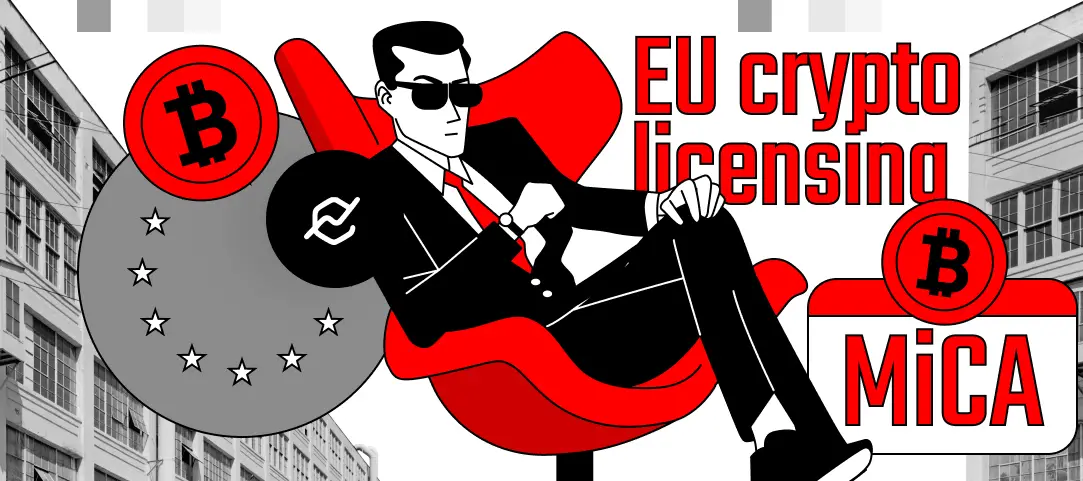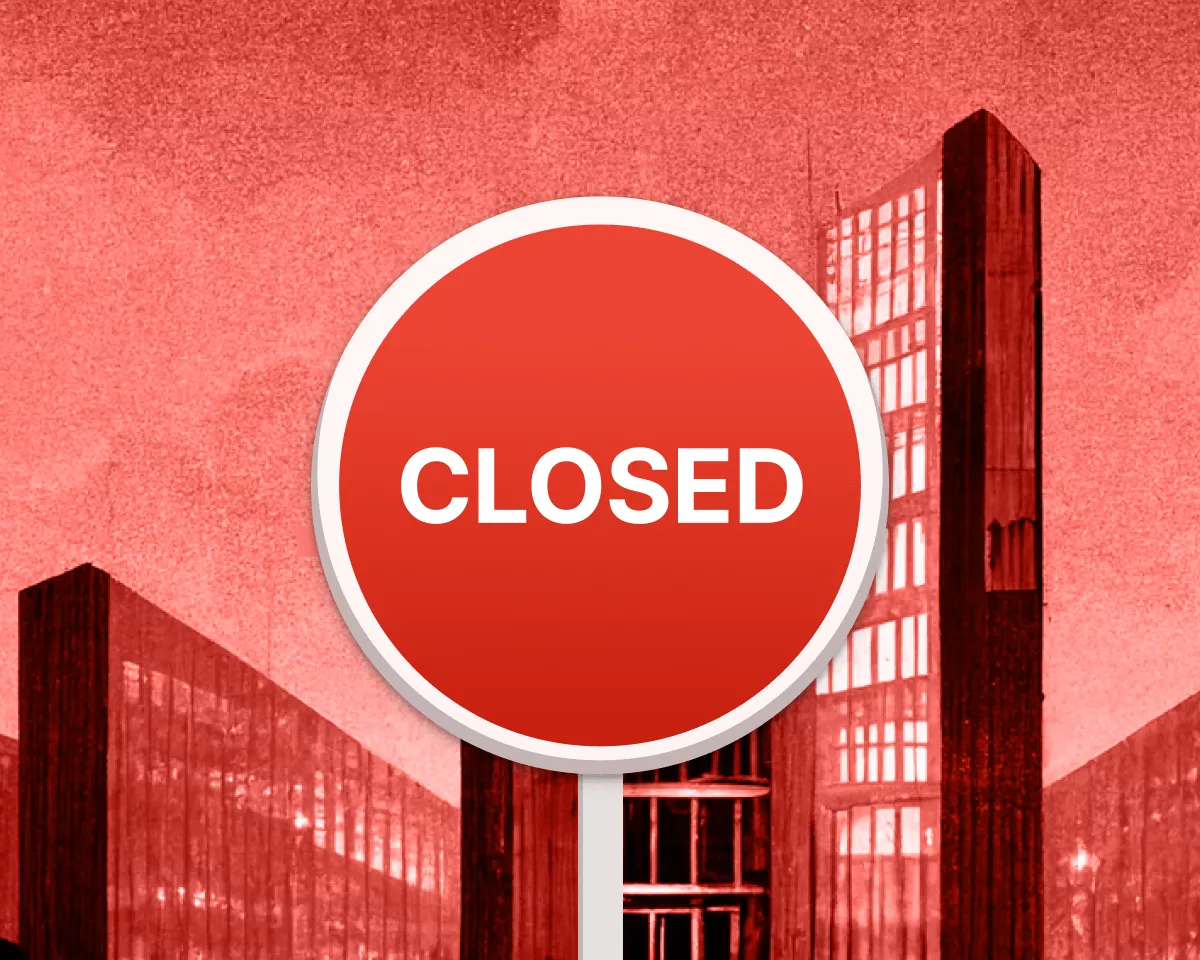
On Thursday, the European Parliament voted in favor of a new crypto licensing regime, Markets in Crypto-Assets (MiCA). This makes the EU the first major jurisdiction to pass a comprehensive crypto law.
European Commission’s Mairead McGuinness said that by approving the regime, the EU aims to safeguard financial stability in the region:
In 2020, the European Commission proposed the Markets in Crypto Assets (MiCA) regulation, which will become law after approval by both the parliament and the EU Council, which represents member states. The main provisions will come into force approximately 12 months after publication in the Official Journal of the EU, and are thus expected to come into force in mid-2024.
The crypto community reacted enthusiastically to the news. Coinbase‘s official Twitter account states:
The @Europarl_EN‘s adoption of #MiCA is a pivotal moment for crypto regulation.
This comprehensive framework will give crypto organizations the confidence to invest and grow in the region.
Binance CEO Changpeng Zhao said:
The European Parliament voted for MiCA to be implemented. This means one of the world’s largest markets is introducing tailored regulations for crypto to protect users and support innovation. The fine details will matter, but overall we think this is a pragmatic solution to the challenges we collectively face. There are now clear rules of the game for crypto exchanges to operate in the EU. We’re ready to make adjustments to our business over the next 12-18 months to be in a position of full compliance.
The main MiCA law, also called the “Level One” text, has been finalized. However, EU organizations such as the European Securities and Markets Authority must now draft and seek feedback on the many detailed measures that fall within it, known as the “substantial package of implementing measures.”
Tommaso Astazi, head of regulatory affairs at lobby group Blockchain for Europe, said:
There are a lot of things that the MiCA Level One text does not define – there are questions that will be answered in the so-called Level Two legislation.

 2 years ago
99
2 years ago
99
 I welcome the European Parliament’s vote today to approve comprehensive EU rules on crypto: a world first.
I welcome the European Parliament’s vote today to approve comprehensive EU rules on crypto: a world first.













 English (US) ·
English (US) ·